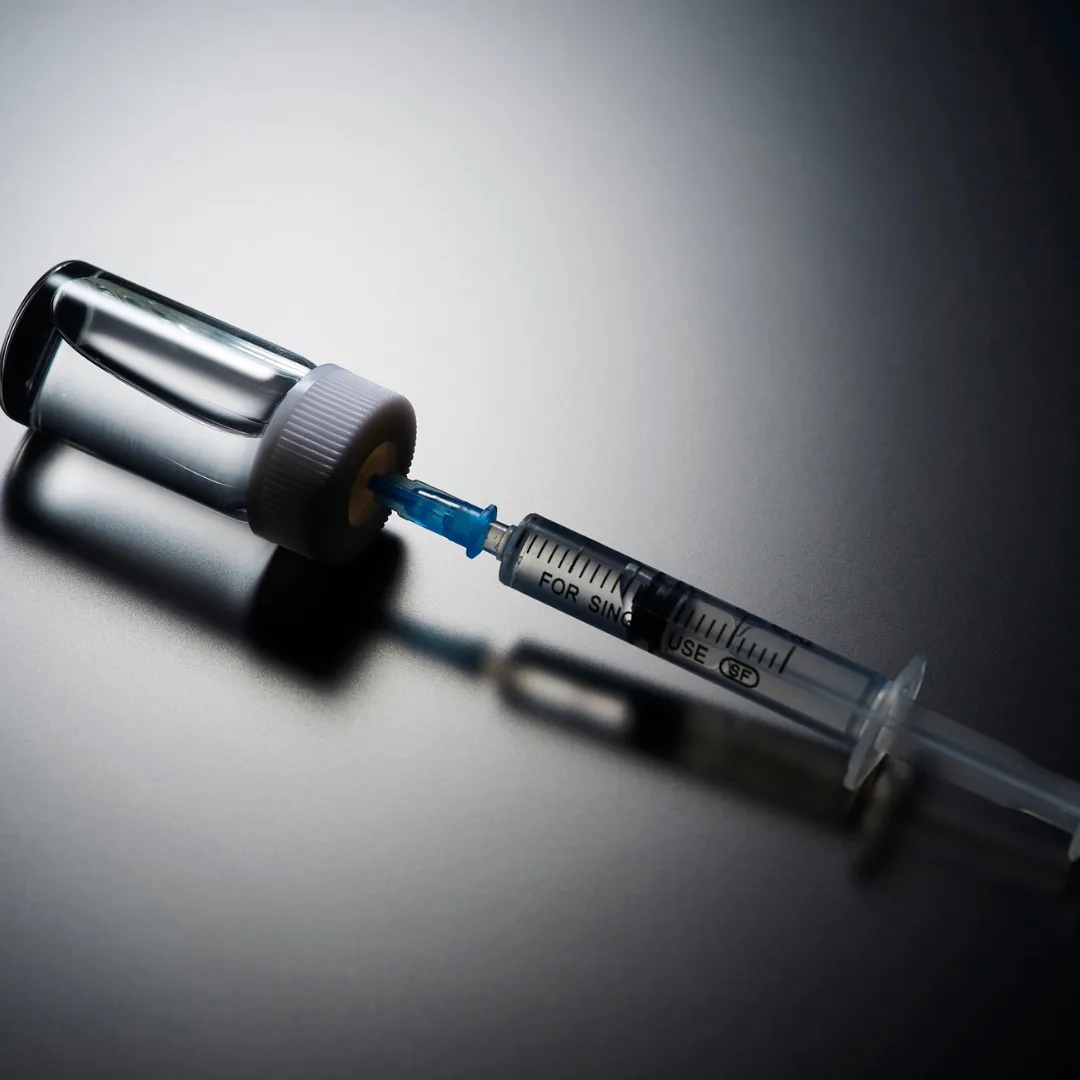
NAD+ and how it works
How NAD+ Works: The Tiny Molecule with Big Benefits
Introduction:
You may have heard about NAD+ in health or wellness news.
It’s a natural substance found in every cell of your body.
NAD+ plays a big role in keeping you feeling energised and healthy.
Scientists call it a “coenzyme” – that means it helps other important processes happen inside your body.
As we age, our NAD+ levels drop, which can affect how we feel and function.
In this post, we’ll break down what NAD+ is, what it does, and why it matters – in simple terms.

What is NAD+ and what does it do?
NAD+ stands for Nicotinamide Adenine Dinucleotide – but don’t worry, you don’t need to remember the full name!
It’s a special molecule made from vitamin B3 (niacin).
Your body naturally produces NAD+ and uses it in every single cell.
NAD+ helps your body with two main jobs:
Turning food into energy
Repairing and protecting your cells
Think of NAD+ like a helper that supports important work in your body – without it, your cells would slow down or stop working properly.
NAD+ is essential for staying energised, focused, and healthy as you grow older.
How NAD+ Turns Food into Energy
Every time you eat, your body breaks food down into smaller parts like sugar and fat.
But your body can’t use this fuel without help – that’s where NAD+ comes in.
NAD+ helps your cells turn these food particles into usable energy.
This process happens inside tiny parts of your cells called mitochondria (also known as your body’s “powerhouses”).
Without enough NAD+, your cells can’t make energy properly, and you may feel:
Tired or drained
Sluggish or unfocused
Low on stamina
So, NAD+ is like a spark plug for your cells – helping them stay powered and active all day long.
3. How NAD+ Supports Cell Repair
Every day, your body’s cells face stress from things like pollution, sunlight, lack of sleep, and even normal aging.
This stress can damage your cells over time – but NAD+ helps fix that.
NAD+ works with special proteins called sirtuins, which help:
Repair damaged DNA
Protect your cells from stress
Keep your cells working properly
This repair process is important for staying healthy and ageing well.
When your NAD+ levels are high, your body can fix itself more easily.
When levels are low, repair slows down, and you may notice signs like:
Feeling older than your age
Slow healing
Increased tiredness or brain fog
In simple terms, NAD+ helps your body heal and protect itself from everyday damage.
4. NAD+ Helps Your Brain and Body Communicate
Your brain and body are always talking to each other using signals.
NAD+ helps these signals move smoothly between cells, especially in the brain and nervous system.
This helps with:
· Clear thinking
· Good memory
· Better focus and mood
NAD+ also supports communication between muscles and organs, helping your body respond quickly and stay balanced.
When NAD+ levels drop, messages between cells can slow down, leading to:
· Brain fog
· Memory issues
· Feeling mentally tired or unfocused
Think of NAD+ as a messenger assistant—it keeps your brain and body connected and working well together.
5. NAD+ Levels Drop as We Age
When you're young, your body makes plenty of NAD+ on its own.
But as you get older, your NAD+ levels naturally go down.
This drop can start as early as your 30s and continues with age.
Lower NAD+ levels can lead to:
Feeling more tired
Slower recovery after exercise or illness
More visible signs of aging (like wrinkles or less energy)
Difficulty focusing or remembering things
The good news? Many people are now using NAD+ supplements or injections to help boost their levels.
These treatments may support energy, focus, and healthy aging by restoring what the body is missing.
Conclusion:
· NAD+ may be small, but it plays a big role in your health.
· It helps your body make energy, repair itself, and stay sharp as you age.
· Understanding how NAD+ works is the first step to taking better care of your health and wellbeing.
Have questions or thoughts about NAD+?
Leave a comment below — we’d love to hear from you!
Found this post helpful?
Share it with a friend who might be curious about NAD+ too!